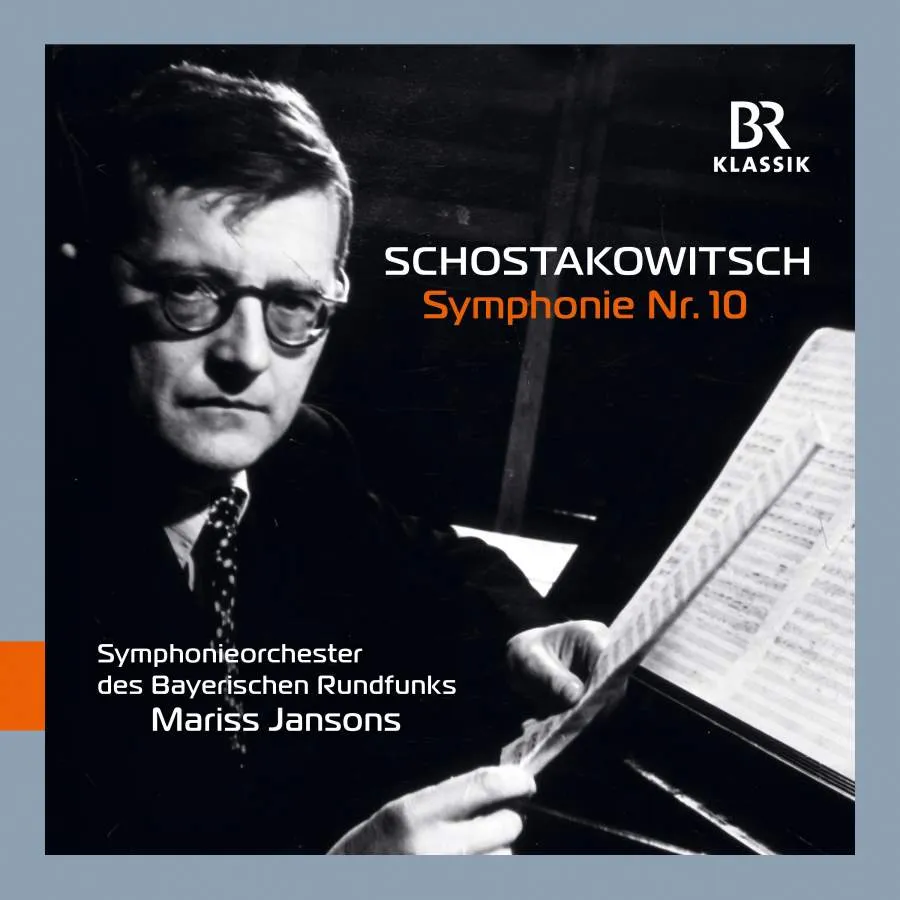
Shostakovich Symphony No. 10 in E minor Bavarian Radio Symphony Orchestra/Mariss Jansons BR Klassik 900185 53.48 mins
If you want a testimony to what it was we lost when Mariss Jansons died, listen to this disc. In big symphonic works Jansons always had a flair for bringing out both the long singing line and the key details, but this is exceptional. Talk of ‘going on a journey’ with a piece of music can sound like a horrendous zeitgeist cliché, yet that’s exactly how a good performance of Shostakovich’s Tenth should make you feel. And this one certainly does – so much so that I’m finding it difficult even to pretend to be objective. I should stress that I heard it first before I learned of Jansons’s death, so there was no question of the sadness of the news affecting my reaction. But hearing it again, this time with the score, has deepened my appreciation. It’s a stunningly-shaped interpretation. Jansons varies the tempo in the first movement’s climactic central section a little more than the text would seem to warrant, but he does so with such understanding for the relations of parts to whole that I found myself just nodding in agreement. The whole first movement is magnificently shaped: it has the formal sweep and elegance of the finest Brahms and the contrapuntal mastery of Bach (Jansons is particularly good at polyphonic voicing), and at the same time it’s profoundly affecting. At every level this performance feels lived-in. The smallest phrases speak eloquently, without a hint of affectation. The darkness, the pain and the touches of weird magic are all familiar, but the urgent intensity – personal, yet at the same time free from egoism – is rare. It shows that it’s possible for a performance of a great tragic work to be cathartic without losing its dignity and control – even in the Scherzo’s white-water ride of rage.
The third movement, half ghostly waltz, half dark, spacious meditation, is the one that often comes across least well in performance: where the first two movements are formally self-explanatory, this one is enigmatic, oblique, riddling. But as Jansons shows, get it right and it casts a strange, deep-shadowy spell of its own. At times it seems to pre-echo the Britten Nocturne, but with an elemental power which Britten rarely matched: no amount of ‘decoding’ can explain this movement’s dreamlike fascination.
As for the much argued-over ending, it’s possible to hear both triumph (I’m still standing!) and tragedy (but at what cost?) in Jansons’s version. He doesn’t go all out for manic exhilaration in the coda, but the sense of dignity even in this wild, ambiguous dance send-off is very affecting. Interpret it how you like; what I’m left with is a sense of wonder, and even a kind of joy at the way both Shostakovich and Mariss Jansons are able to express and contain such dark, troubling emotions. The recording is sumptuous, and I especially like the powerful rich bass – bass lines are so important in this symphony. It conveys beautifully the rich, deep, sometimes velvety orchestral sound. It’s quite different from the sharp, sinewy intensity of Mravinsky, who premiered and championed the Tenth, but it’s no less valid and authoritative. If you want a suitable monument to a great conductor, then look no further.
Stephen Johnson